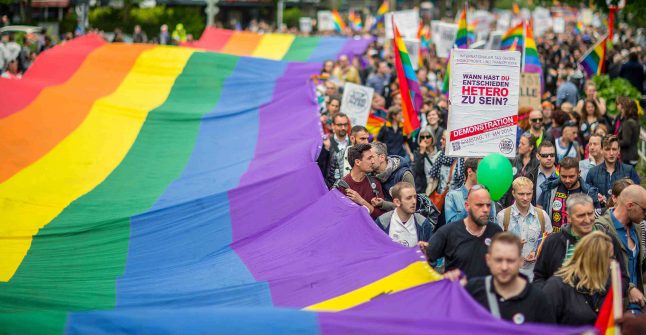The attacks took place in June and July in the Perle du Lac, known as a meeting place for gay men in the city, reported Le Tribune de Genève.
One of the victims managed to get away from his attackers, but the other was found lying unconscious near his car with “significant” injuries, police told the paper.
Investigations are ongoing.
In 2013 a man was beaten up in the same park by a group of youths.
Speaking to the Tribune, Michael Häusermann of Geneva-based gay rights organization Dialogai said violent attacks in the Perle du Lac are “unfortunately a regular occurrence” though it was hard to say exactly how many occur each year because they are not all reported.
“In these parks there are homosexuals who are out, but there are also men who hide their homosexuality. The latter rarely go to the police if they are attacked,” said Häusermann.
The organization's own studies have shown that gay men in Geneva are four times more likely to be attacked than the male population as a whole, reported the paper. Most attacks are verbal, but some are subjected to physical violence and harassment.
Only half of victims go to the police, since many feel they won’t be treated seriously.
“In Switzerland homophobia isn’t recognized as a crime as such,” Häusermann told the Tribune.
Following the recent cases, Dialogai is working with victims' support organization LAVI to help those affected by homophobic attacks whether they report them to the police or not, it said in a statement.




 Please whitelist us to continue reading.
Please whitelist us to continue reading.
Member comments